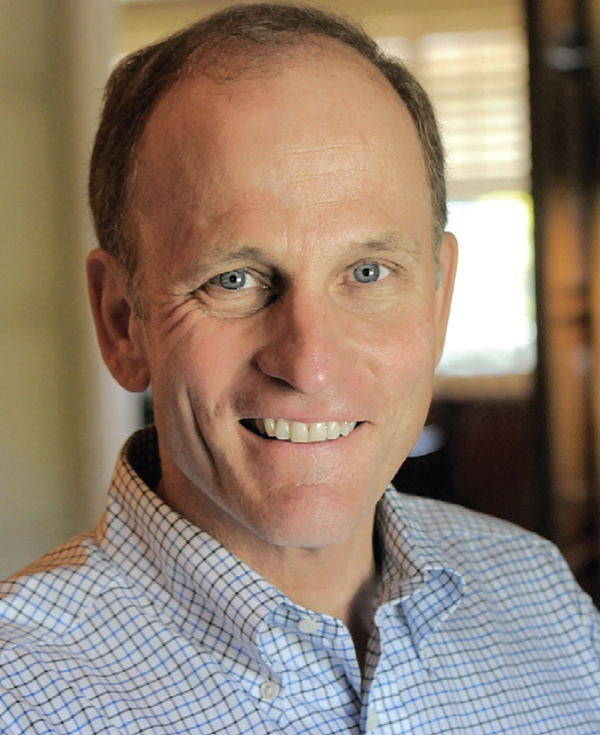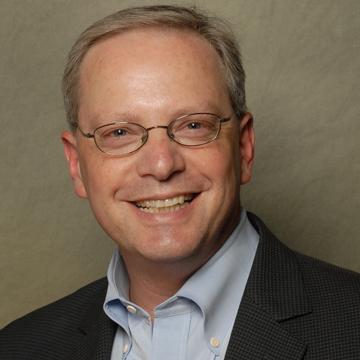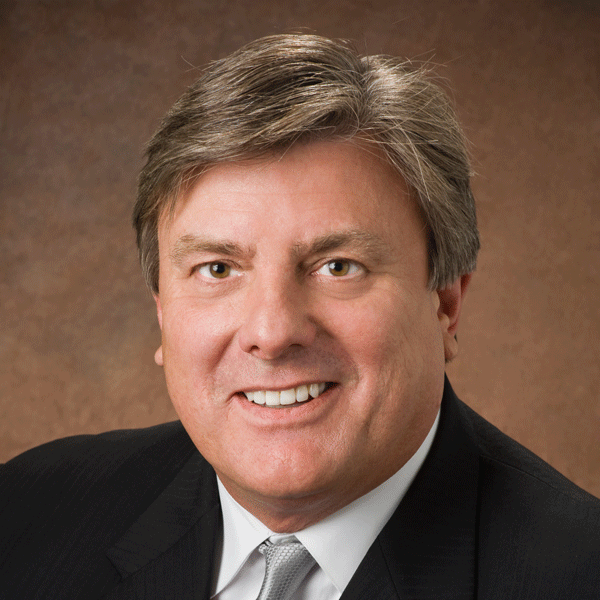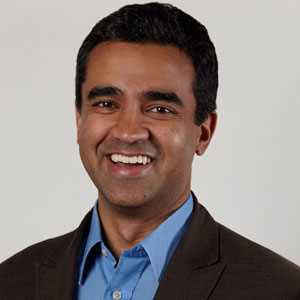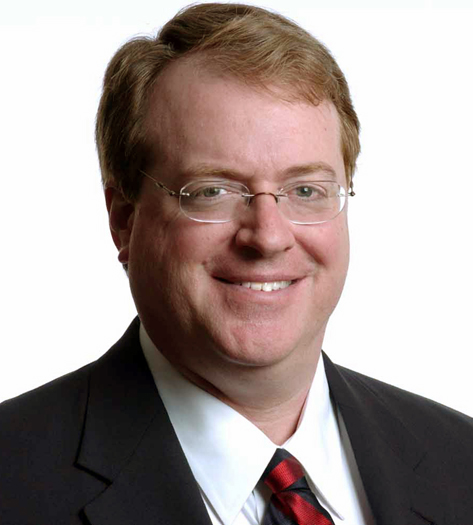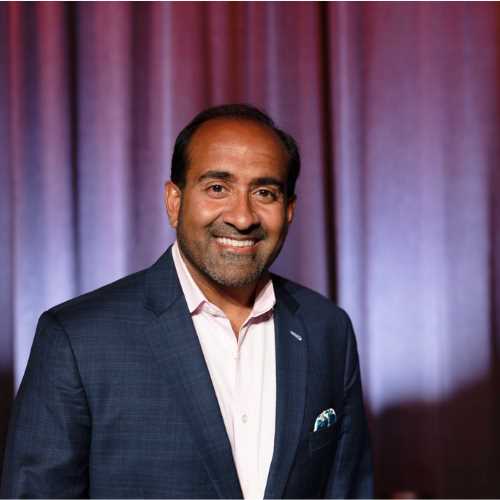Susan Keane Baker
- Vice president at New York and Connecticut hospitals
- Directed the quality initiatives program for a national PPO
- The General Electric Circle Award and a Life Communicator
Travels From
Connecticut
No videos found.
Susan Keane Baker Speaker Biography
Susan Keane Baker MHA, is an experienced health care professional with seventeen years experience as vice president at New York and Connecticut hospitals. She also directed the quality initiatives program for a national PPO with 19 million members.
Since starting her own company in 1994, Susan has spoken for groups in 48 states. Who are the holdouts? Well, if you know anyone in Alaska or Montana…..
For her communications work, Susan was awarded the General Electric Circle Award and a Life Communicators Award of Excellence. She is a Certified Speaking Professional, the highest earned designation of the speaking profession. Susan is a Commissioner of the Connecticut State Commission on Medicolegal Investigations.
From 2008 – 2011, Susan served as a member of the Board of Examiners for the Malcolm Baldrige National Quality Award.
Throughout her career, Susan has been pegged a workaholic by friends. The point was proven when she was struck by lightning while traveling to give a presentation. The speech took precedence over a visit to the emergency department. When she’s not traveling, Susan enjoys spending time on the Connecticut River with her husband, George, and children, Jane and Thomas.
To book Susan Keane Baker call Executive Speakers Bureau at 901-754-9404.
Managing Patient Expectations
Patient retention, referrals and the personal rewards of working in health care are closely linked to the quality of relationships developed with patients and their families. Managing expectations is a process of helping people know how to be right and when to be satisfied, through word-of-mouth commentary, advertising, first impressions, and responsive communication. How can you manage unrealistic expectations in a way that satisfies your patient and preserves your relationship? Attend this program to expand your knowledge about how to increase patient trust, confidence, and follow-through.
Getting to 99: Achieving a Culture of Service Excellence
Leaders have a responsibility to teach and inspire staff to interact with others positively. What does it take to develop a culture of service excellence, where commitment to patients is expected and routine? How can you take what you learn at a service quality program and integrate that knowledge in your organization? After attending this program you will be able to recognize and reduce the obstacles to maintaining a culture of service excellence; use exercises and assessments taught in this program with your staff; and encourage appropriate discretionary behavior on the part of the staff.
Yes! You Can Soothe, Smooth and Improve Difficult People
Some people are harder to care for than others. This program will provide you with strategies and dialogue for interactions with the “personality-challenged” folks in your life. After attending this program, you will be able to: identify reasons why people are difficult; predict when you are prone to overreact to the difficult person; use empathy and tact even when under pressure; avoid mirroring the angry person; respond calmly to difficult people, and reduce the stress of difficult interactions.
The Credibility/Likeability Makeover
You may know people who are very talented at the technical aspects of their work. Yet, if singularly focused on the technical task aspects, they may be off the charts in terms of expertise, but lacking in the social skills that inspire trust and loyalty. You may also know people who are amusing to know but have difficulty inspiring others to have confidence in their competence. They’re good at what they do, but others don’t see it somehow.
One Great Leadership Skill: Knowing How to Inspire Discretionary Effort
You want the patient care provided in your organization to reflect your values and your commitment to caring. Leaders have a responsibility to teach and inspire staff to interact with others positively. What does it take to develop a culture of service excellence, where commitment to patients is expected and routine? Your success in making this happen depends on the discretionary effort of your staff. What are the three elements that inspire discretionary effort? What can you do with the “Eddie Haskells” – the employees who work with enthusiasm only when their supervisor is in view?
Instant Rapport: How To Inspire Trust and Confidence When You Have Too Little Time and Too Many Patients
Have you ever met someone and instantly liked the person, without even being sure why? Would your life be easier if people felt that way about you? What are three strategies you can use to create quick rapport when time is limited? Learn how to create the kind of rapport that inspires patients and other important people in your life to trust you.
I'm sorry to hear that... Service Recovery Skills to Restore Patient Satisfaction
Complaining about something is the person’s way of saying, “I need your help.” How you and your colleagues handle that expression of unhappiness will have a lot to do with whether the patient chooses to remain loyal, or will seek care elsewhere. Unresolved complaints can result in a negative word of mouth, adverse publicity and malpractice suits. Service recovery skills help you respond to complaints with greater ease and in a way that helps you preserve and even improve the relationship. This presentation provides: best practices in service recovery; effective responses to specific patient complaints; what to do and say when the patient is wrong; techniques to prevent escalation of difficult situations; how to develop responses you can choose from when patients complain about billing, service quality, their environment, your colleagues, and communication.
Taking Service Quality To the Next Level: 60 Ideas in 60 Minutes
What do successful organizations do to maintain the momentum of their service quality initiatives? How can you sustain the gains you’ve made and taken your program to the next level? Strategies of highly regarding service leaders will be discussed - sixty in sixty minutes!
The World is Full of Cactus, but We Don't Have to Sit on It
Life doesn’t always go the way we want it to. Whether it is an encounter with a difficult person, a difficult day, or an unwanted change, the cactus in our lives can take a toll. You’ll learn how to dust yourself off and maintain a positive outlook - whatever life brings your way.
Listening Bootcamp
If you know someone who is a good listener, you probably admire that person. A good listener lets you know that you are both important and interesting. A good listener seems to intuitively know what another person needs to feel better. Effective listening is hard work. For most of us, becoming an effective listener requires specific behavior changes and a commitment to practice new skills until they become second nature. This presentation will be a listening workshop that will be low on theory and high on practical application. A good healer is a good listener. Effective listening is the most important thing you can do to create and sustain a positive relationship with another person. When you improve your listening skills, you get more from your relationships, both professional and personal.

